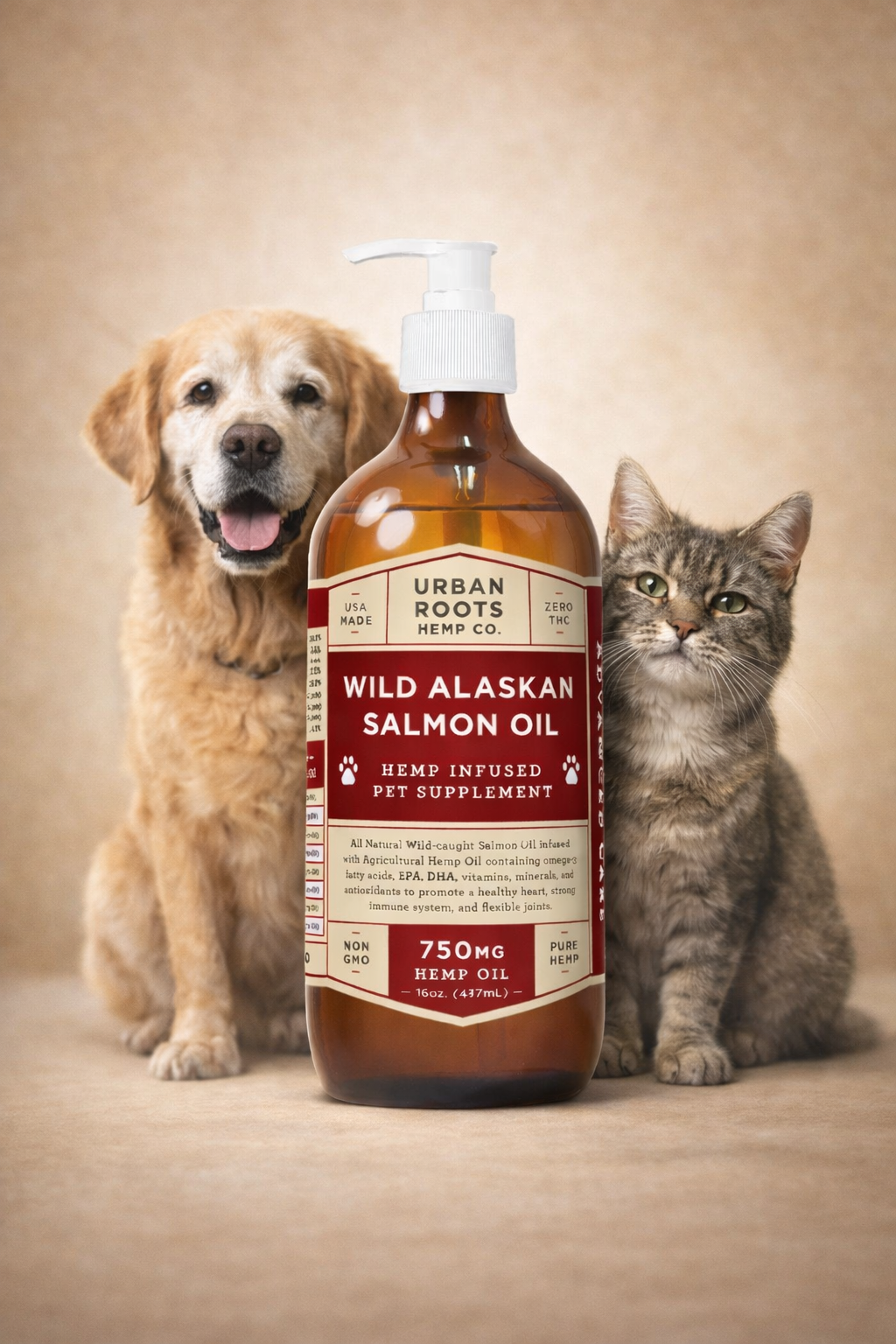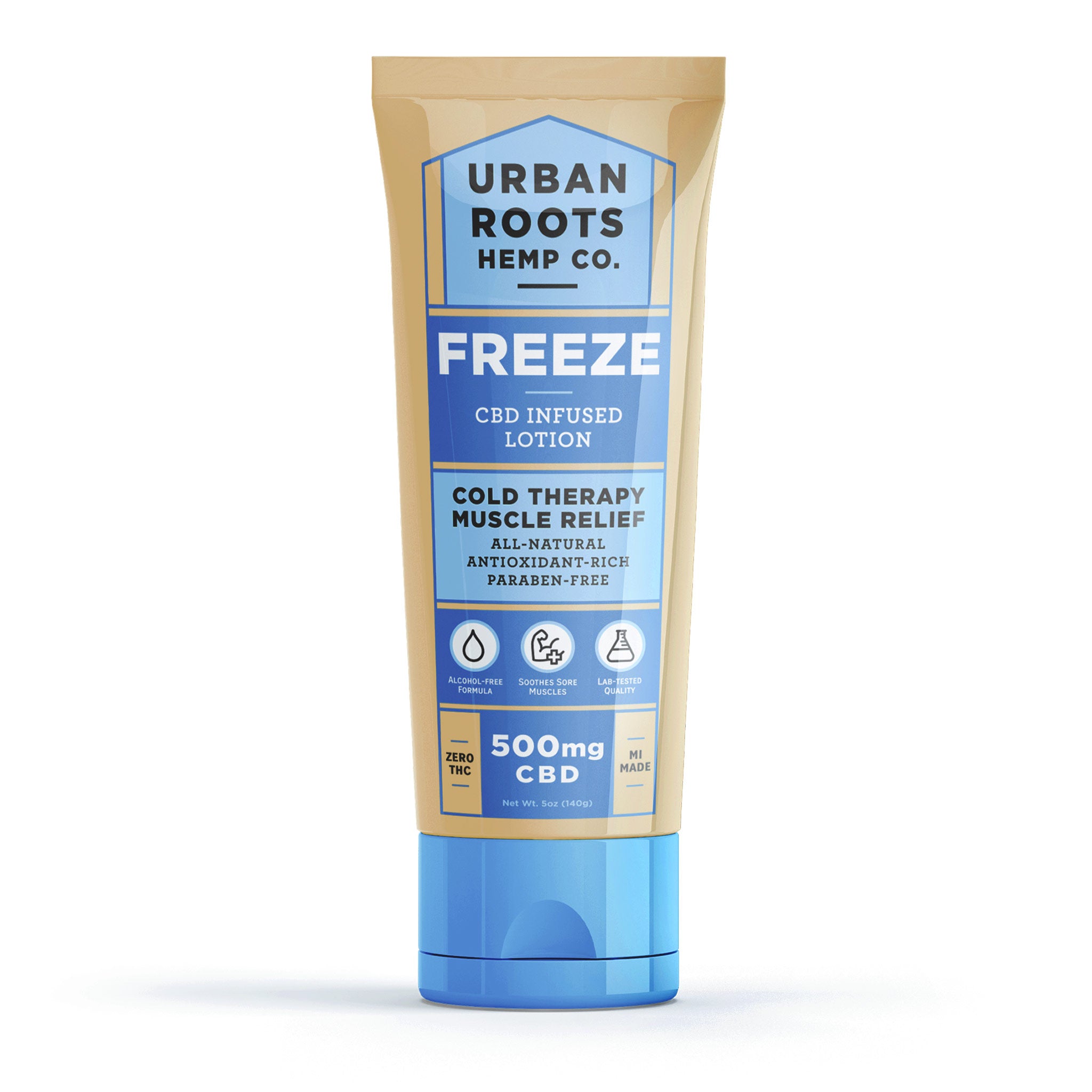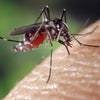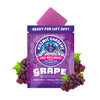CBD vs. THC - What's the Difference Between the Two?
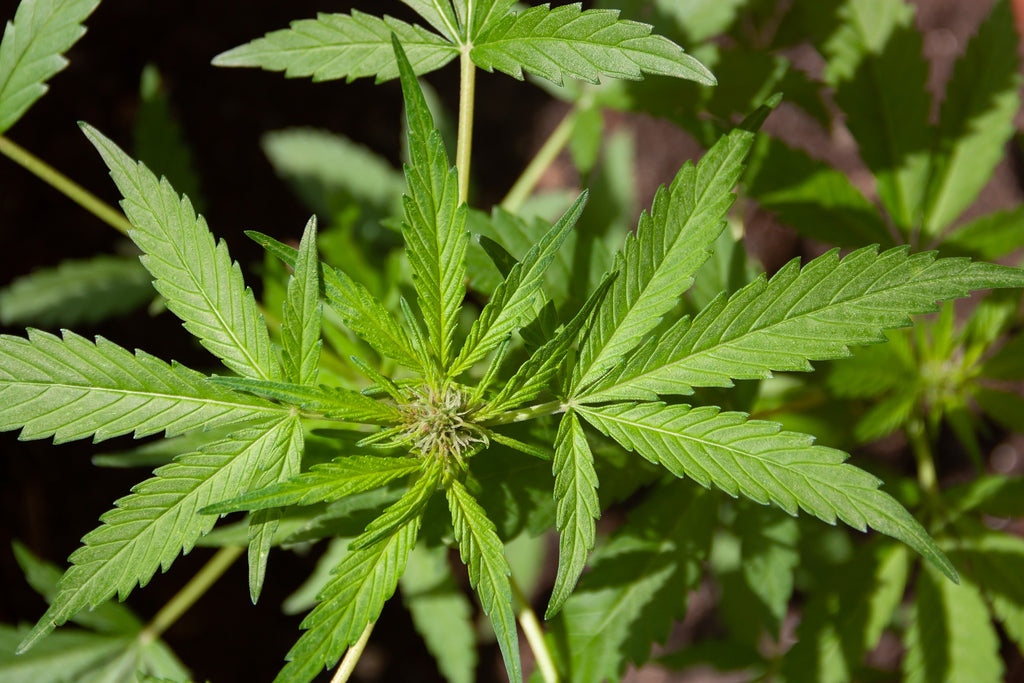

The difference between CBD vs THC has become an important distinction that many people still may not understand fully. The use of CBD has grown by leaps and bounds over the past three to five years, and CBD is often mentioned in the context of THC. For example, the legality of CBD products is defined in terms of THC content—it’s legal in the eyes of the federal government if it contains less than 0.3% THC (however, there is a new bill in legislation that might allow an increase to 1% THC in hemp, we’ll keep you posted on that as it develops).
To the newcomer to CBD, this begs the question, what is the difference between CBD vs THC? Let’s take a look at each one and how they are tied together.
Do you already know this stuff? Please share this article with a friend or family member that still doesn’t understand. They might thank you later!
CBD vs THC: Two Cannabinoids of Many
Both CBD (cannabidiol) and THC (tetrahydrocannabinol) are natural chemical compounds found in cannabis plants. But they are not the only ones. The typical plant will contain around 80 to 100 cannabinoids and about 300 non-cannabinoid chemicals. All of these have different and varying effects on our bodies, but the effects of CBD and THC are the strongest and most visible, making these two cannabinoids the most well known ones.
Different types of cannabis plants will contain higher or lower concentrations of the different cannabinoids. For example, hemp plants usually have a much higher CBD to THC ratio, while marijuana plants have a much higher THC to CBD ratio. However, both types of plants contain these cannabinoids (and many others).
Let’s take a closer look at THC and CBD.
Chemical Property Similarities and Differences
THC and CBD both have identical molecular structures, with 21 carbon atoms, 30 hydrogen atoms, and two oxygen atoms. Where they differ is in how these atoms are arranged. This variance in arrangement causes our bodies to receive and react to them differently, which is why CBD and THC have varying effects and benefits for our bodies.
Both of these chemical compounds bind to neurotransmitters in our brains, nervous system, and throughout our bodies to affect key things like our mood, sleep, pain, memory, immune health, and inflammation.
So…Is CBD Psychoactive?
Many newcomers to CBD are a little weary because they associate it with THC, and they know that THC is in marijuana and makes you feel “high” and is still somewhat illegal. A common question is whether or not CBD is also psychoactive. The answer is technically yes, but not in the same way as THC is. CBD does not produce the same type of euphoric or sedated feeling, although it does alter the chemicals in your brain, so it is psychoactive.
Before you run for the hills away from CBD, remember that what it primarily does is restore balance or homeostasis in your body. That means it alters your brain chemistry to bring it back to what it is supposed to be. This balance is what helps CBD potentially treat conditions like anxiety, depression, and even seizures.
But because of the different atomic arrangement of CBD vs THC, it binds to receptors in different ways, meaning that you can reap the benefits of CBD without experiencing any unwanted psychoactive effects brought on by THC.
Potential Health Benefits of CBD and THC
CBD and THC both operate in our bodies through the endocannabinoid system (ECS), a biochemical communication highway that plays a role in regulating sleep, mood, appetite, memory, reproduction, fertility, pain, immune system activity, and much more. Because the two compounds are similar and they each work by binding to receptors throughout the endocannabinoid system, the produce many of the same potential health benefits.
CBD is now widely used to help with a variety of conditions, including:
- Seizures
- Inflammation
- Pain
- Psychosis or mental disorders
- Inflammatory bowel disease
- Nausea
- Migraine
- Depression
- Anxiety
THC, on the other hand, has been reported to assist with:
- Pain
- Muscle spasticity
- Glaucoma
- Insomnia
- Low appetite
- Nausea
- Anxiety
Do CBD and THC Work Better Together?
There is some research that suggests the therapeutic effects of THC and CBD tend to be magnified when the two cannabinoids are taken together. Known as the entourage effect, this phenomenon describes how the different compounds of hemp and marijuana plants interact with one another and change when in the presence of each other.
When it comes to THC and CBD in particular, one study in 2010 concluded that when taken the together, the compounds had a stronger positive effect on pain than THC did on its own. The study involved cancer patients who were either given a dose of a THC extract or a dose containing equal amounts of both THC and CBD.
Additionally, CBD has been reported to reduce some of the effects of THC that make many people uncomfortable, like anxiety, hunger, and sedation. Rat and human studies covered in a 2011 review of CBD research suggested that CBD may help reduce the strengthen these side effects or eliminate them entirely.
More than just working together, CBD and THC are also thought to be enhanced by the presence of certain flavonoids and terpenes. Particularly, researchers concluded that they may provide neuroprotective and anti-inflammatory effects.
Will CBD Make You Fail a Drug Test?
Okay, so we’ve covered that CBD is not psychoactive in the same way as THC, although the two are very similar on a molecular level and can even work together to enhance each other’s effects. That being said, many people consuming CBD products have no interest in consuming THC and might even be fearful of failing a drug test.
Many people are required to undergo drug screenings for jobs, background checks, athletics, and other activities, so this is a legitimate worry. After all, CBD is a substance from the marijuana plant, whether it gets you high or not.
You can rest assured, however, that CBD will not cause you to fail a drug test, or test positive for marijuana. The key thing to know here is that drug screens do not test for the marijuana plant as a whole. They test specifically for THC, because THC is what gets you high and what can cause impairment.
If you are worried about even trace amounts (less than 0.3%) of THC, then we suggest sticking to CBD isolate products. They are pure CBD without any other cannabinoids, flavonoids, or terpenes. You lose the potential entourage effect, but you can reap the benefits of CBD without any fear of accidentally failing a drug test.
Thinking of Trying CBD? Choose Reputable, Local Hemp Brands
When you are first trying CBD products, we recommend talking to your doctor first. Although it might seem intimidating to talk to a medical professional about CBD or THC or anything else that isn’t considered “mainstream”, you should at least try to get their opinion. We go over how to talk to your doctor about CBD in this article.
It’s also important to pick a reputable brand that uses only the highest quality ingredients. Don’t get caught up in “hype products” you see being advertised by celebrities, as they are not necessarily the most high quality or sustainably sourced options.
Plus, if you’re like us then you love to support small businesses! At Urban Roots Hemp Co., our CBD topicals are tested by independent labs for quality and CBD levels, so you can be sure that you’re purchasing a reputable product.
At Urban Roots Hemp Co., we offer a range of tincture, capsule, topical, edible, and pet CBD products, so you can find the one that best fits your (or your pet’s) health and wellness needs and goals.
If you have any questions about CBD products, how to consume them, what dosage to start with, or its potential interaction with THC, then please don’t hesitate to give our team a call!


